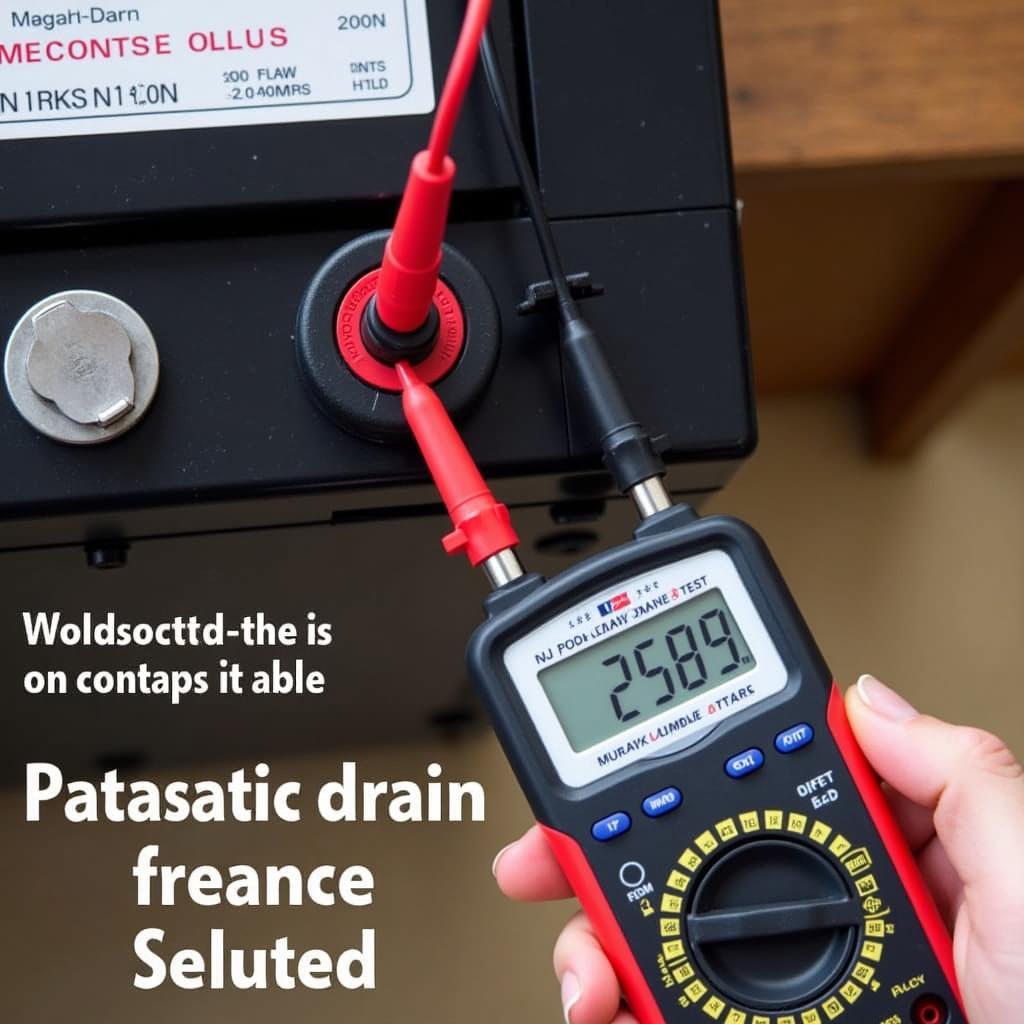The dreaded vw passat brake pads warning light has illuminated your dashboard. Don’t panic! This article provides a comprehensive guide to understanding, diagnosing, and resolving the issue, empowering you to address the problem and get back on the road safely.
Understanding the VW Passat Brake Pad Warning Light
The brake pad warning light is a crucial safety feature designed to alert you when your brake pads are wearing thin and require replacement. Ignoring this warning can lead to costly repairs and compromise your safety. While the warning light primarily indicates worn brake pads, other issues can also trigger it. This guide will cover all possibilities.
vw passat check brake pads warning light
Why is My VW Passat Brake Pad Warning Light On?
There are several reasons why your VW Passat brake pad warning light might be illuminated. The most common cause is worn brake pads. As you use your brakes, the friction material gradually wears down. Once it reaches a certain minimum thickness, a sensor embedded within the brake pad triggers the warning light. Other potential causes include a faulty brake pad wear sensor, low brake fluid, or issues with the brake system’s wiring.
What to Do When the Brake Pad Warning Light Comes On
When the warning light appears, the first step is to assess the situation. Do your brakes feel different? Do you hear any unusual noises like squeaking or grinding? These signs often accompany worn brake pads. If you notice these symptoms, it’s crucial to have your brakes inspected by a qualified mechanic as soon as possible.
Diagnosing the Problem: A Step-by-Step Guide
-
Visual Inspection: Check your brake pads visually. If you can see the friction material is very thin or worn down to the metal backing plate, it’s time for replacements.
-
Check Brake Fluid Level: Open the hood and locate the brake fluid reservoir. Ensure the fluid level is within the recommended range. Low brake fluid can also trigger the warning light and indicate a leak in the system.
-
Professional Inspection: If you’re unsure about the diagnosis, it’s always best to consult a qualified mechanic. They can properly diagnose the issue using diagnostic tools and recommend the appropriate course of action.
2000 jeep cherokee brake warning pressure switch
Replacing VW Passat Brake Pads: What You Need to Know
Brake pad replacement is a relatively straightforward procedure for experienced mechanics, but it requires specialized tools and knowledge. While DIY is possible, we recommend seeking professional assistance, especially if you’re unfamiliar with automotive repair.
“Brake pad replacement is crucial for maintaining safety. Never compromise on the quality of your brake pads,” advises John Miller, a certified automotive technician with over 20 years of experience.
brake warning light and abs light on
Preventing Future Issues
Regular brake inspections are key to preventing future brake pad warning light issues. Following your VW Passat’s recommended maintenance schedule will help ensure your brake system is in optimal condition.
2008 vw jetta brake warning light
Conclusion: Addressing Your VW Passat Brake Pads Warning Light
The vw passat brake pads warning light is a vital safety feature, and addressing it promptly is crucial. By understanding the potential causes, following the diagnostic steps, and seeking professional assistance when necessary, you can ensure your VW Passat’s braking system is in top condition, keeping you safe on the road. Remember, regular maintenance and timely repairs are investments in your safety and the longevity of your vehicle.
volkswagen passat brake fluid warning
“Don’t ignore warning lights. They are your car’s way of telling you something is wrong,” says Sarah Chen, a leading automotive safety expert. “Addressing the issue early can prevent costly repairs down the line.”
FAQ:
- How often should I replace my VW Passat brake pads? The lifespan of brake pads varies depending on driving habits and conditions, but typically they should be replaced every 30,000 to 70,000 miles.
- Can I drive my VW Passat with the brake pad warning light on? While technically possible, it’s highly discouraged. Driving with worn brake pads compromises your stopping power and can lead to further damage.
- How much does it cost to replace VW Passat brake pads? The cost varies depending on location and the specific model year, but typically ranges from $150 to $300 per axle.
- What are the symptoms of worn brake pads? Common symptoms include squeaking or grinding noises, a spongy brake pedal feel, and reduced braking performance.
- Can I replace my VW Passat brake pads myself? While DIY is possible, it requires specialized tools and knowledge. Professional replacement is recommended for most drivers.
- How can I prevent my VW Passat brake pads from wearing out prematurely? Avoid aggressive driving habits like hard braking and follow your vehicle’s recommended maintenance schedule.
- What is the brake pad wear sensor? A small wire embedded in the brake pad that triggers the warning light when the pad wears down to a certain thickness.

